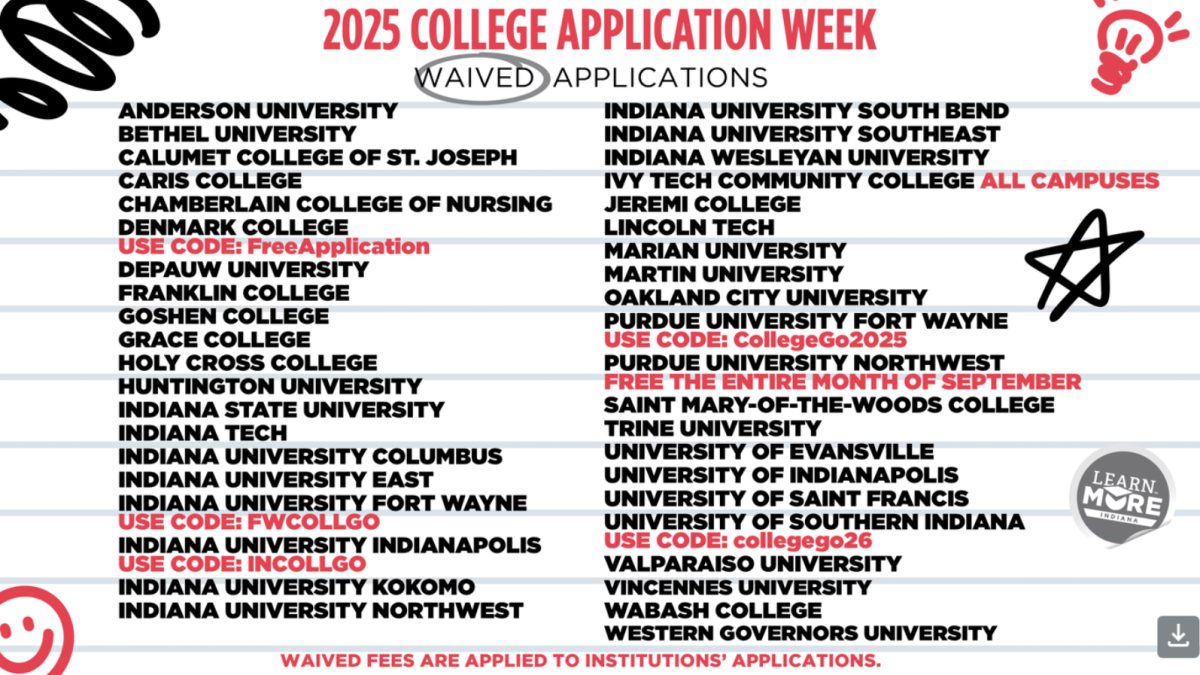This year, for the first time ever twelve of the best voted college football teams will play in a tournament to decide the national champion. In 2014, a committee of current and former athletic directors, coaches and players was put together to vote on who they believed were the best college football teams in the country. The top four teams would be selected into the college football playoff with the first seed playing the fourth and the second playing the third. This system was used for ten years until it was decided that the playoff would be expanded to twelve teams in order to include teams that are good, but less dominant than others. This switch from four teams to twelve has raised eyebrows among fans as things like conference and team bias, as well as the idea that college football in particular is more about money than anything else, are more prevalent now than ever before.
The format of this new playoff system is broken down as follows: the top five conference champions are automatically selected to the field with the top four champions receiving a first round bye. The fifth conference champion that does not receive a bye is typically from a lesser viewed conference or just had a worse regular season record than the others. The last seven spots are filled in by teams that had great regular seasons but did not win their conference. The committee votes these teams into the bracket based on their records and strength of schedule.
Many people involved in college football, whether it be coaches or fans, have been criticizing this format because of the automatic byes. Many believe that the byes should be given to the four best teams based on record and strength of schedule alone, no matter if they are a conference champion or not. This year for example, Arizona State and Boise State are receiving byes into the quarterfinals because of their conference championships. This has frustrated many people because Arizona State is a two loss team with a decent strength of schedule while Boise State is a one loss team with a significantly weaker schedule than the rest of the teams not receiving byes. Teams such as Notre Dame and Indiana, like Boise State, only have one loss while playing a much more difficult schedule, which has led some to believe that one of those teams is more deserving of the bye than Boise. The rest of the teams in the playoff, besides Clemson, all have two losses and each of those teams could make their own case about why they deserve a bye more than Arizona State. The main solution that has been presented to solve this issue is to still give the five best conference champions an automatic spot in the playoffs but give the byes to the best four teams instead.
Another issue that many people have with the playoff is the way that the selection committee is run. With it being many people who were formerly involved with different schools and conferences, it creates an easy way for bias to be present within the voting. Conferences get a certain amount of money for every team of theirs that is selected and more money on top of that as teams advance. This has led fans to believe that those former coaches and athletic directors are voting for teams from the conference that they represent in order for the conference to receive more money rather than voting for which 12 teams are truly the best. Money seems to have been the main drive to expand the playoff because if there are more teams selected into the playoff, more games are played, which makes TV stations more money as the college football playoff has a major contract with ESPN, which generates both companies millions of dollars each season. ESPN has a contract with the SEC as well. This contract has raised suspicion of possible bias towards the SEC within the selection committee due to ESPN being in a partnership with both. The idea that college football has turned into a way for large corporations to manipulate the landscape of the sport in order to generate the most amount of profit has slowly made the game unrecognizable in comparison to when it started and has upset a large number of fans.
College football is a constantly changing sport that looks much different from the purely amateur play it used to be. The postseason will inevitably change again, and until then it seems that despite outcry from fans, athletic directors and coaches, the flawed system that is currently in place will remain.








